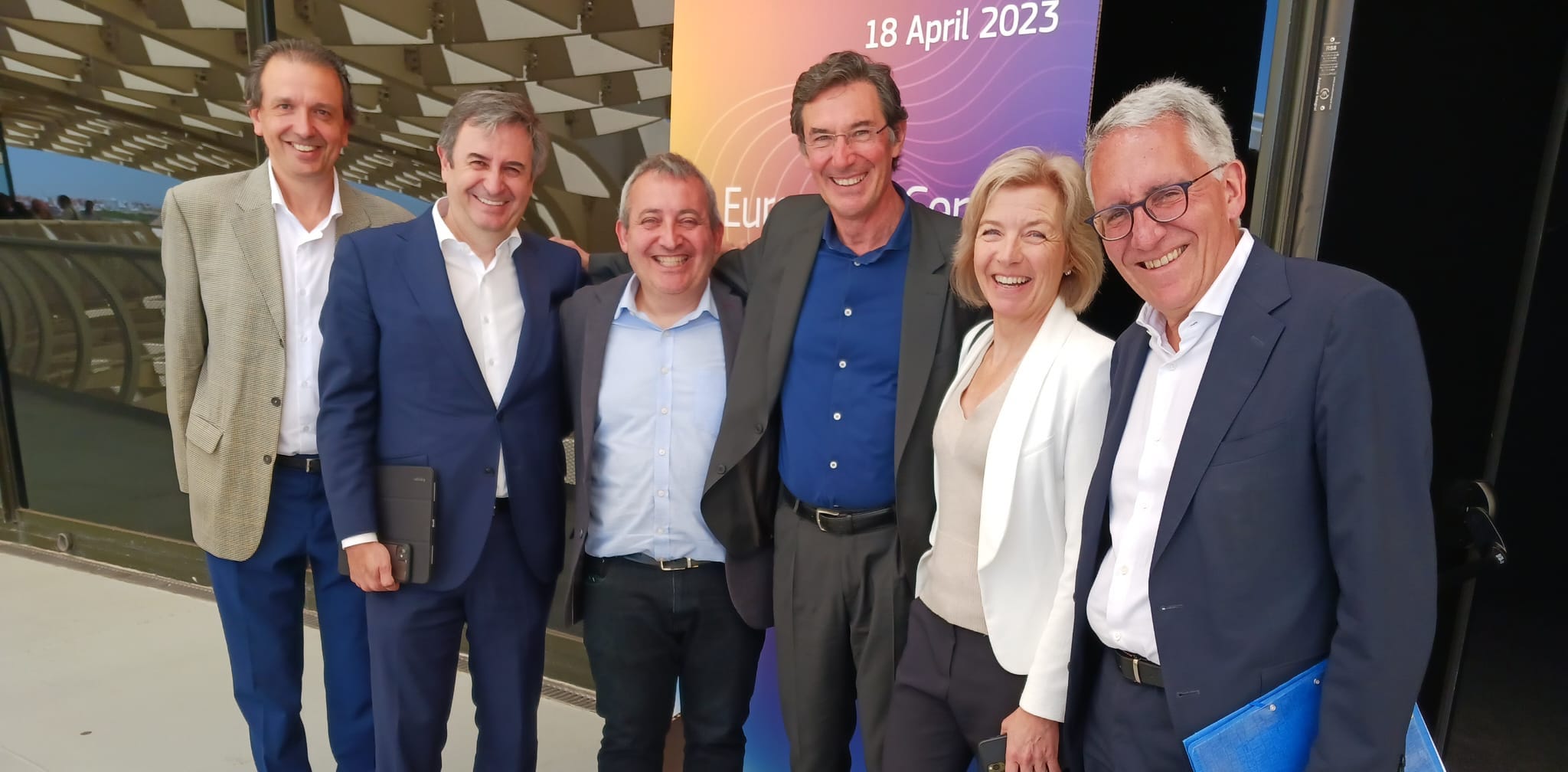
The 18 April 2023 saw the inauguration of the European Centre for Algorithmic Transparency, ECAT. Like LifeWatch ERIC, it is headquartered in Seville, where the inauguration took place. ECAT is part of the Joint Research Centre (JRC) of the European Commission – its in-house science and knowledge service – and works in close cooperation with the Directorate General for Communications Networks, Content and Technology (DG CONNECT). Its objectives are to systematise ethics in the use of digital technologies, and to generate and disseminate FAIR data – in line with the mission of LifeWatch ERIC.
ECAT will provide the Commission with in-house technical and scientific expertise to ensure that algorithmic systems used by the Very Large Online Platforms and Very Large Online Search Engines comply with the risk management, mitigation and transparency requirements in the DSA. This includes, amongst other tasks, the performance of technical analyses and evaluations of algorithms. An interdisciplinary team of data scientists, AI experts, social scientists and legal experts will combine their expertise to assess their functioning and propose best practices to mitigate their impact. This will be crucial to ensure the thorough analysis of the transparency reports and risk self-assessment submitted by the designated companies, and to carry out inspections to their systems whenever required by the Commission.
This mission could not be attained without proper research and foresight capacity, which are also inherent to ECAT’s approach. JRC researchers will build on and further advance their longstanding expertise in the field of Artificial Intelligence (AI), which has already been instrumental in the preparation of other milestone pieces of regulation like the AI Act, the Coordinated Plan on AI and its 2021 review. ECAT researchers will not only focus on identifying and addressing systemic risks stemming from Very Large Online Platforms and Very Large Online Search Engines, but also investigate the long-term societal impact of algorithms.
Scientists and experts working at the ECAT will cooperate with industry representatives, academia, and civil society organisations to improve our understanding of how algorithms work; they will analyse transparency, assess risks, and propose new transparent approaches and best practices.
As Stephen Quest, Director-General of the JRC, has said, “algorithms are being used in various domains of our lives, from social media & e-commerce to healthcare & justice systems. It is essential to ensure that these algorithms are transparent, accountable, and ethical”.
LifeWatch ERIC was represented at the inauguration by its Chief Technology Officer, Juan Miguel González-Aranda. Alongside the JRC, LifeWatch ERIC is also part of the #eCitySevilla project, an initiative to develop an open, digital, decarbonised and sustainable city model ecosystem on Seville’s Isla de la Cartuja by 2025.
With this link you can access the full recording of the act, in which numerous experts and authorities presented.